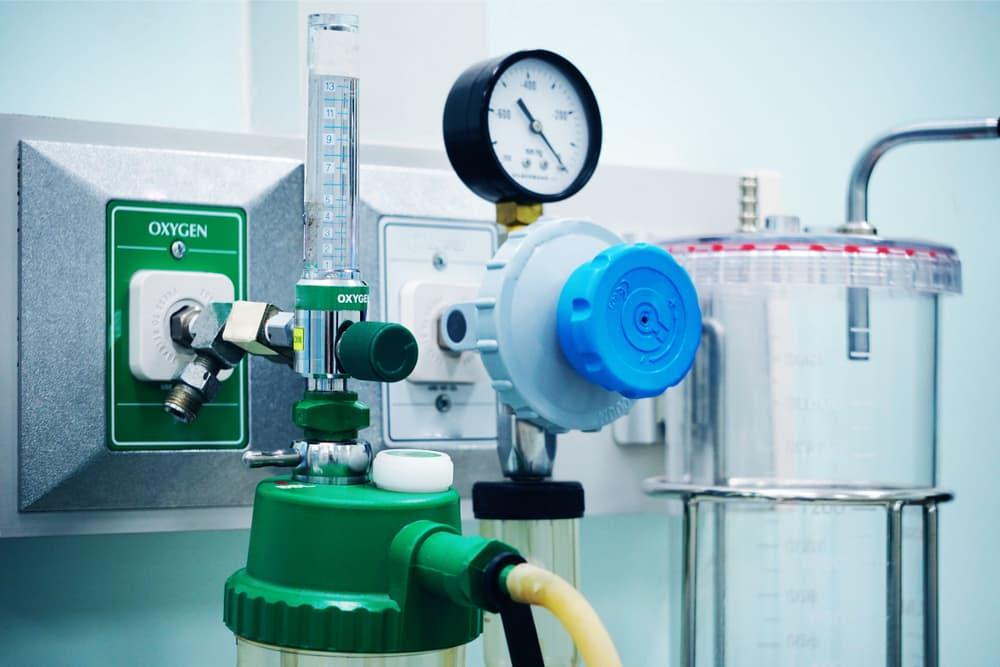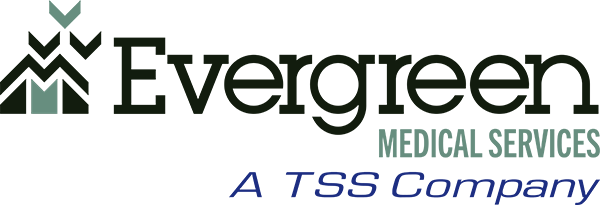
Healthcare facilities need to ensure the continuous and reliable supply of medical gases and vacuum system. This is paramount to patient safety and the delivery of quality care. Any interruption or loss in these essential services can lead to dire consequences, potentially endangering the lives of patients, staff, and visitors, as well as delaying critical medical procedures.
To address these concerns, the National Fire Protection Association (NFPA) has established stringent requirements to mitigate medical gas emergencies, which are outlined in NFPA 99. Understanding key provisions of NFPA 99 can help healthcare facilities prepare for, respond to, and recover from emergencies related to medical gas and vacuum systems.
Establishing Criteria
NFPA 99 medical gas requirements mandate that new and existing healthcare facilities establish comprehensive criteria to assess, mitigate, prepare for, respond to, and recover from emergencies related to the loss or interruption of the medical gas and vacuum system supply.
This entails conducting thorough risk assessments to identify potential vulnerabilities in the system and developing robust emergency response plans tailored to the specific needs of the facility. These include scenarios such as equipment failure, natural disasters, or other emergencies that could compromise the supply.
Assessment and Mitigation
One of the fundamental requirements outlined for medical gas by NFPA 99 is the regular assessment and mitigation of risks associated with these systems. Healthcare facilities are tasked with conducting routine inspections and maintenance to ensure the integrity and functionality of the system components.
This includes verifying pressure levels, checking for leaks, and conducting performance tests to detect any deviations from standard operating procedures. By proactively identifying, addressing, and documenting potential hazards, facilities can minimize the likelihood of emergencies arising from equipment malfunctions or system failures.
Preparation and Response
NFPA 99 emphasizes the importance of thorough preparation and swift response in the event of a medical gas emergency. Healthcare facilities are required to develop detailed emergency response plans that outline specific procedures for staff members to follow in various scenarios, such as gas leaks, supply interruptions, or equipment failures.
Training sessions and drills should be conducted regularly to ensure that staff members are well-prepared to implement these protocols as effectively and efficiently as possible. Reliable monitoring and alarming systems must be installed and operational to detect abnormalities or interruptions in the supply. These systems should be capable of alerting personnel to take immediate action, preventing potential risks to patient care.
Collaboration with local gas providers and PM/repair teams also is essential. Facilities must have contingency measures in place — such as backup gas supplies or alternative delivery systems — to mitigate the impact of emergencies and maintain continuity of care.
Recovery
Following the resolution of a medical gas emergency, healthcare facilities must initiate comprehensive recovery efforts to restore normal operations and address any lingering issues. These include conducting post-incident evaluations to identify root causes and areas for improvement, implementing corrective actions to prevent future occurrences, and providing support and resources to affected patients and staff. By taking proactive measures to assess and address the aftermath of an emergency, facilities can minimize disruptions to patient care and ensure a swift return to normalcy.
How Evergreen Medical Services Can Help
Following the requirements set forth in NFPA 99 is essential for healthcare facilities to ensure safety and regulatory compliance. By adhering to these guidelines and implementing robust emergency response plans, facilities can safeguard patients, maintain continuity of care, and mitigate the potential consequences of system failures or interruptions.
Evergreen Medical Services offers a full range of services for medical gas systems with courses in installing, inspecting and maintaining these systems so companies can remain in compliance with the NFPA 99 code. To learn more, get in touch with us today.
